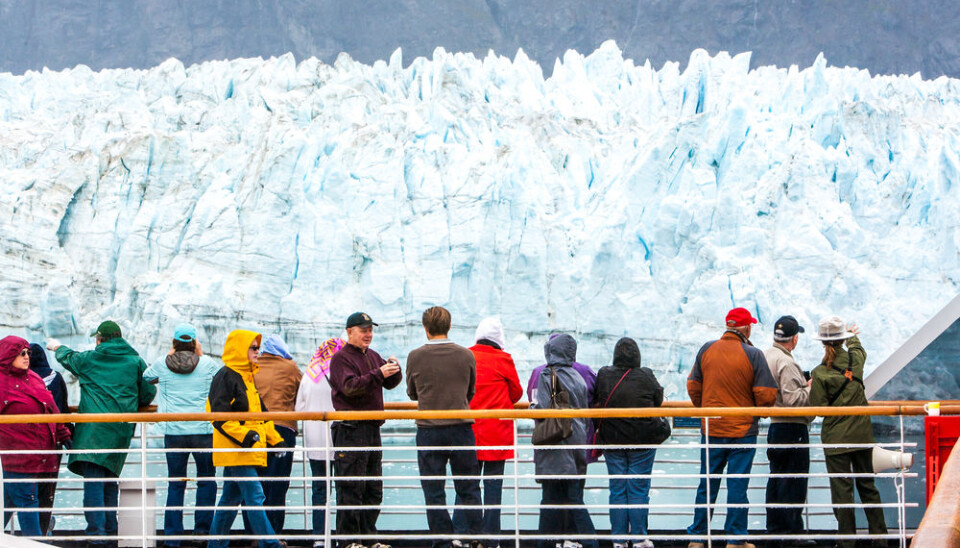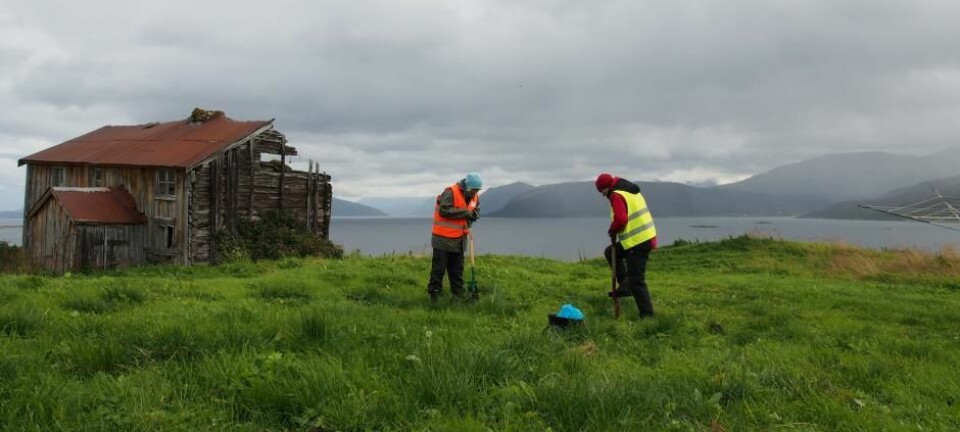
Time to re-think the climate change challenge
OPINION: We now know enough about the nature of the earth system that the risk of crossing a planetary threshold that propels us into a Hothouse Earth needs to be taken very seriously.
The climate change challenge has fallen into a familiar pattern – more research papers on climate change, another COP (Conference of the Parties) meeting, more pledges by the world’s governments to do something, continuing rises in greenhouse gas emissions, worsening extreme weather events, and so on and so on.
It’s time we re-think the nature of this challenge.
That’s just what a group of Earth System scientists did in our recent paper “Trajectories of the Earth System in the Anthropocene”, published in the Proceedings of the National Academy of Sciences, USA.
The paper could have been titled, in more reader-friendly language, “Where on Earth are we going?” Still, it captured media attention across the globe (see here, here, and here, for instance).
The paper challenges the almost universally accepted framework that human emissions of greenhouse gases will always be the dominant driver of climate change, no matter what trajectory climate change takes in the future. That is, the more greenhouse gases we emit, the higher the Earth’s average surface temperature rises.
This rather linear view of the climate system – or more appropriately the Earth System – may be fundamentally flawed.
Read More: Study: we have pushed Earth beyond its limits
A radical perspective of the Earth system?
Our article offers a different perspective – that the Earth System may behave as ‘complex system’, with well-defined states and transitions between them driven largely by feedback processes within the system, not only by ‘external’ drivers. This perspective is not as radical as it sounds.
The Earth System has behaved this way in the recent past. The regular oscillations between ice ages and warm periods – like our current warm period, the Holocene – comprise a good example. The heavy lifting in the transitions between these states is done by feedback processes within the Earth System, not by the external forcing due to small changes in Earth’s orbit.
We argue that our current, very high human emissions of greenhouse gases could activate some important feedback processes within the system.
Examples include melting of Arctic summer sea ice that accelerates warming in the north, increasing wildfires in the boreal forests and Amazon rainforest that release more carbon dioxide to the atmosphere, and the melting of permafrost in Siberia, which could release vast amounts of methane, a potent greenhouse gas, to the atmosphere.
Read More: What will our climate look like in 2050?
A domino effect to a Hothouse Earth
Our analysis points to a risk that if enough of these feedback processes are activated, they could act like a row of dominoes that would form a global cascade.
Ultimately, such a feedback cascade could take the trajectory out of human control and irreversibly towards ‘Hothouse Earth’, with temperatures of four or five degrees centigrade above pre-industrial.
Such conditions would have massive impacts on humans, threatening the viability of contemporary civilisation.
Read More: Scientists: Three years left to reverse greenhouse gas emission trends
How credible is this analysis?
Not only do we understand the nature of several of these feedback processes that have operated in the past, we are beginning to see signs of instabilities in some of these processes today. And we know that the Earth System existed in stable, much hotter conditions in the very recent geological past.
We can’t yet put specific probabilities on the size of the risk that a planetary threshold could exist that might propel us into a Hothouse Earth. That requires more research. But we know enough about the nature of the Earth System that this risk needs to be taken very seriously.
There is likely to be much more at stake in transgressing the Paris climate targets than just a slightly warmer planet.
---------------
Read this article in Danish at ForskerZonen, part of Videnskab.dk
Scientific links
External links
- Will Steffen
- For a more detailed description of the risks of climate change, see the report “What Lies Beneath,” published by Breakthrough at breakthroughonline.org.au










